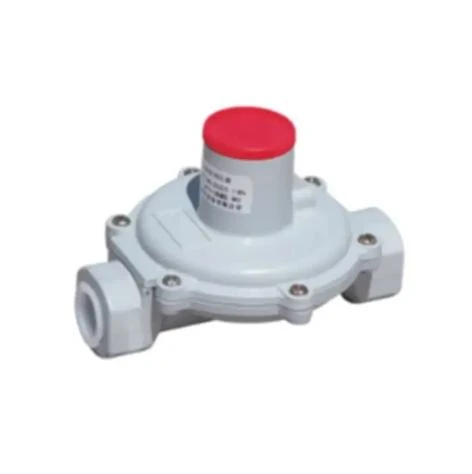
Nov . 11, 2024 00:36
Back to list
Gas Separation Technology Using Filter Systems for Enhanced Performance
Gas Filter Separator An Essential Component in Oil and Gas Production
In the demanding environment of the oil and gas industry, the efficient separation of gas, oil, and water is crucial. One of the primary devices used to achieve this is the gas filter separator (GFS). This equipment plays a vital role in ensuring that high-quality products can be delivered, while also contributing to environmental protection efforts and enhancing operational efficiency.
What is a Gas Filter Separator?
A gas filter separator is a type of vessel designed to separate gas from liquid hydrocarbons and to remove impurities such as water, sediments, and other particulates. The GFS is typically composed of three main components an inlet section, a separation section, and a filter section. The inlet section allows for the entry of the mixed stream where gas, oil, and water are present. As the mixture enters the separator, it undergoes a reduction in pressure, which aids in phase separation.
The Separation Process
The separation process begins with the gravitational settling of the heavier liquid components. The oil and water mixture, being denser than gas, settles at the bottom of the vessel. The design of the GFS facilitates the efficient separation of these phases, allowing for reduced carryover of liquids in the gas phase. While the gas rises to the top of the vessel, the liquids settle.
Moreover, the presence of a filter media within the separator captures fine particulates and contaminants. This filter ensures that the gas leaving the separator is of high purity, which is vital for downstream processing equipment, including compressors and pipelines. Protecting these systems from contamination is crucial for maintaining their operational reliability and extending their lifespan.
gas filter separator

Importance in Oil and Gas Operations
The operation of a gas filter separator is critical for a number of reasons. Firstly, it enhances production efficiency by allowing the extraction of maximum hydrocarbons from a well. By separating gas and liquids effectively, operators can increase the available product for sale while minimizing undesirable by-products.
Secondly, the GFS plays a key role in environmental safety. By effectively removing water and sediments before gas is transported or injected into processing units, the separator prevents potential leaks or contamination that could occur down the line. This adherence to environmental standards helps companies comply with regulations and promotes sustainable practices in the energy industry.
Finally, the economic implications of utilizing a gas filter separator can be significant. By achieving high levels of separation and maintaining equipment integrity, operations can reduce downtime and maintenance costs associated with fouling and corrosion of downstream equipment. In a sector where margins can be tight, such efficiencies can greatly influence a company’s bottom line.
Conclusion
In summary, the gas filter separator is a fundamental component of modern oil and gas operations. Its ability to efficiently separate gas from liquids and remove impurities not only ensures the quality of the final products but also enhances overall operational efficiency and compliance with environmental standards. As the energy industry continues to grow and adapt, the importance of reliable and effective separation technology will only increase. Investing in advanced gas filter separators will be a key strategy for operators aiming to maximize production and minimize their ecological footprint in an increasingly regulated market.
Latest news
-
Safety Valve Spring-Loaded Design Overpressure ProtectionNewsJul.25,2025
-
Precision Voltage Regulator AC5 Accuracy Grade PerformanceNewsJul.25,2025
-
Natural Gas Pressure Regulating Skid Industrial Pipeline ApplicationsNewsJul.25,2025
-
Natural Gas Filter Stainless Steel Mesh Element DesignNewsJul.25,2025
-
Gas Pressure Regulator Valve Direct-Acting Spring-Loaded DesignNewsJul.25,2025
-
Decompression Equipment Multi-Stage Heat Exchange System DesignNewsJul.25,2025

